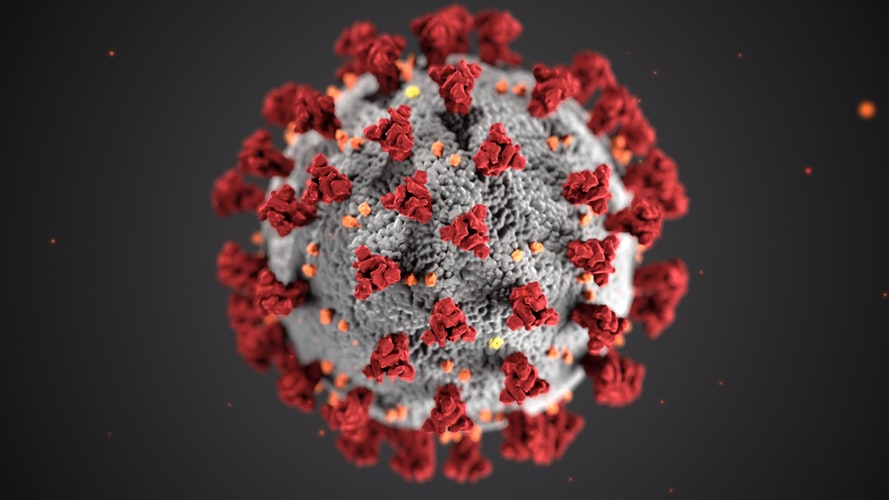
COVID-19 Research in Brief: 18 April to 24 April, 2020
Nature Medicine summarizes all the research you need to know this week to keep on top of how science is responding to the COVID-19 pandemic.
Clinical trials and human studies
The United Kingdom’s Health Secretary, Matthew Hancock, announced that human trials of Oxford University’s COVID-19 vaccine would begin this week. The efficacy, safety and immunogenicity trials for chimpanzee adenovirus Oxford 1 (ChAdOx1), an attenuated adenoviral construct expressing SARS-CoV-2 spike protein, aim to recruit 510 participants.
Hypertension has consistently been reported as frequent comorbidity in COVID-19 patients, and SARS-CoV-2 has been shown to exploit angiotensin-converting enzyme 2 (ACE2) to infect human cells. Speculation was rife that two widely used classes of drugs, ACE inhibitors (ACEi) and angiotensin II receptor blockers (ARBs), might increase susceptibility to COVID-19. A retrospective study published in Circulation Research of 1,128 patients, including 188 on ACEi/ARB, in Wuhan, China, unexpectedly showed a lower risk of all causes of death in patients taking the drugs.
A telephone survey of 202 patients with mild symptoms who tested PCR-positive for SARS-CoV-2 at Treviso Regional Hospital (Italy) was reported in JAMA. The study found that 64.4% (130 patients) of those surveyed reported an altered sense of smell or taste, though it should be noted that 34.6% (45 patients) of those also reported a blocked nose.
Read Full Article: https://www.nature.com/articles/d41591-020-00012-2


 How to resolve AdBlock issue?
How to resolve AdBlock issue? 